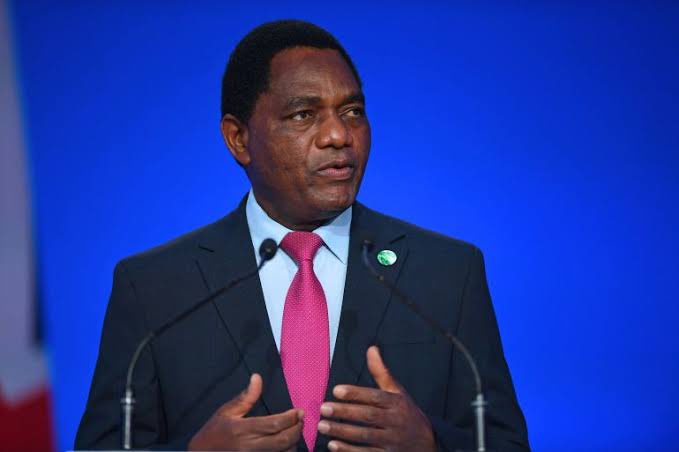
Zambian President Hakainde Hichilema has signed into law a controversial cyber bill he once fiercely opposed, sparking outrage among human rights groups and digital freedom advocates.
The newly enacted legislation grants law enforcement sweeping powers to access private messages, monitor online communications, and collect digital data under broadly defined circumstances. Critics argue the bill lacks clear safeguards and could be easily abused to suppress dissent and spy on citizens.
Back in 2021, while in opposition, Hichilema condemned the same bill, labeling it the “Big Brother Bill.” He warned it posed a serious threat to civil liberties and could be used by the government to silence critics and infringe on privacy rights. “Zambians deserve protection from cyber threats, not surveillance,” Hichilema said at the time. “This bill will open the floodgates to abuse of power.”
Now, in less a year, President Hichilema’s decision to approve the legislation has shocked many of his former supporters and raised questions about the direction of his administration.
“This is a betrayal of the public trust,” said the critics. “He promised transparency and freedom, but now he’s handing police unchecked power to monitor citizens online. It’s a dark day for Zambia’s democracy.
